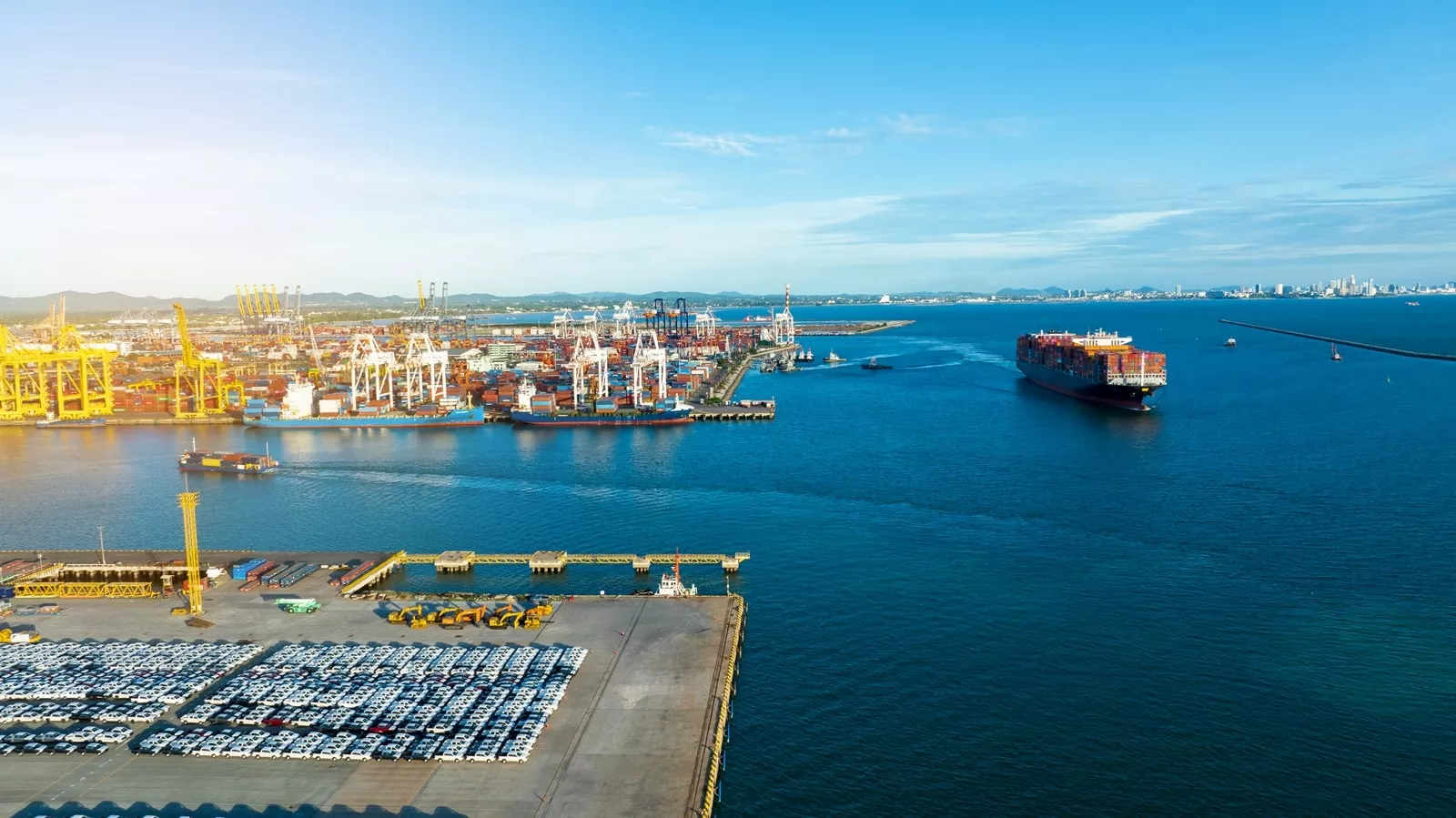In an era marked by unprecedented global challenges, organizations are compelled to reassess their supply chain strategies. The concept of deglobalization has emerged as a powerful response to these dynamics, aiming to protect supply sources and bolster resilience. In this blog post, we delve into what deglobalization entails, why it’s beneficial, the challenges it presents, and how procurement technology software is the key to overcoming those challenges.
Understanding Deglobalization
Deglobalization is the process of moving away from an overdependence on global supply networks and shifting toward localized procurement. It seeks to strike a balance between global and local sourcing, offering a more resilient and adaptive supply chain strategy.
The Benefits of Deglobalization

Deglobalization is not merely a reaction to challenges; it’s a strategic move with significant advantages. Here are some key benefits:
- Supporting Local Economies: By localizing supply chains, organizations contribute to local economies, fostering economic growth and job creation in their regions.
- Aligning with ESG and CSR Goals: Environmental, Social, and Governance (ESG) and Corporate Social Responsibility (CSR) initiatives are increasingly critical for businesses. Deglobalization aligns with these goals by reducing carbon footprints and enhancing social responsibility.
- Enhancing Agility: Local suppliers offer greater flexibility and responsiveness, enabling organizations to adapt swiftly to changing market conditions.
- Closer Vendor Collaboration: Proximity fosters closer relationships with suppliers, leading to improved collaboration, trust, and mutually beneficial partnerships.
- Improved Forecasting: Localized supply chains enhance supply and budget forecasting accuracy, reducing uncertainties and minimizing disruptions.
- Access to Rapid Capacity Expansion: Local networks provide access to partners for rapid capacity expansion and alternative supply sources in times of crisis.
The Challenges of Deglobalization
While the benefits of deglobalization are clear, challenges abound. Shifting to a more localized approach demands a shift in mindset, substantial investments, and, crucially, the right resources and technology. Without the necessary tools, the transition can introduce new complexities.
Procurement Technology as the Solution
Here’s where procurement technology software steps in, eradicating the challenges associated with deglobalization:
- Spend Analytics for Informed Decisions: Spend analytics tools provide visibility for intelligent, risk-averse purchasing decisions. They enable organizations to understand their spending patterns and identify areas where localization can yield the most significant benefits.
- Tail Spend Management for Cost Savings: Tail spend management solutions help pinpoint cost-saving opportunities within indirect spend categories. They uncover inefficiencies and enable organizations to optimize spending in localized supply chains.
- eSourcing to Offset Costs: eSourcing technologies play a pivotal role in offsetting costs when transitioning to local or regional supplier bases. They facilitate supplier discovery, negotiations, and onboarding, eliminating risks associated with unknown suppliers.
- Leveraging Local Talent Resources: Local talent resources, often outsourced, can expand capacity as needed, negotiate supplier rates, and identify alternative supply sources. They provide the expertise required for successful localization.

Partial Localization, Maximum Benefits
Complete localization of the supply chain may not be feasible for all organizations. However, the benefits of partial localization are evident and achievable. By striking the right balance between global and local sourcing, organizations can maximize their resilience and competitiveness.
Deglobalization has emerged as a strategic imperative. It offers numerous benefits, from supporting local economies to aligning with ESG and CSR goals, enhancing agility, fostering closer vendor collaboration, improving forecasting, and accessing rapid capacity expansion.
To successfully navigate the challenges of deglobalization, organizations need to embrace procurement technology software. These tools empower them with spend analytics, tail spend management, eSourcing capabilities, and access to local talent resources, making the transition smoother and more efficient.
Contact us today to free your organization from dependency on global supply networks and take the first step toward cost savings, efficiency, and resiliency. Speak to a Simfoni procurement specialist to learn how our innovative and intuitive solutions can help localize your procurement.











